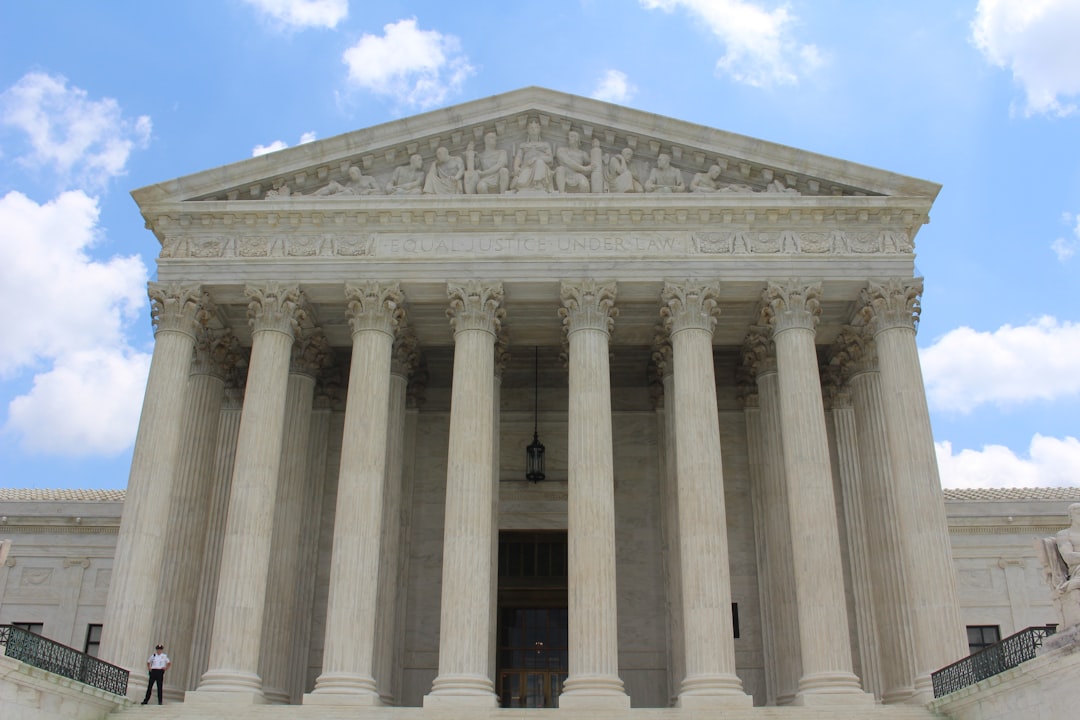Could The Constitution End The Achievement Plateau?
Can I get an AMENdment?

With the Supreme Court deciding that the Constitution makes no explicit mention of a guaranteed right to abortion and therefore its legality should be a decision left to the states, it seems prudent to examine what the Constitution says about public education.
And you might be surprised to know what the most revered document in United States’ history and politics says about education:
Absolutely nothing.
The US Constitution makes no explicit mention of the federal government guaranteeing a right to public education. According to the Constitution, educating citizens is a matter left entirely up to the states.
The Supreme Court made explicit this fact in 1973. “Education, of course, is not among the rights afforded explicit protection under our Federal Constitution. Nor do we find any basis for saying it is implicitly so protected,” the Court wrote in its decision in San Antonio Independent School District v. Rodriguez.
Constitutional law, though, is murky (a complete joke?). Some legal scholars would argue that the 14th Amendment implicitly guarantees a right to public education.
Such was the case in 2016 when a federal class-action lawsuit was filed on behalf of seven students from Detroit Public Schools. The case argued that the state of Michigan violated the students’ right to literacy as guaranteed by the 14th Amendment.
The federal courts initially agreed. Two of the three judges in the US Court of Appeals for the Sixth Circuit held that literacy is a right afforded by the Constitution. That same Sixth Circuit court, however, subsequently vacated its own decision after agreeing to rehear the case when Michigan’s Governor, Gretchen Witmer, and the plaintiff’s agreed to a settlement that improved funding for Detroit’s schools. The plaintiff’s then elected to not pursue a rehearing of the case, meaning there is, once again, no official legal precedent stating a Constitutional right to education.
Even though the US Constitution is mum on education, all 50 states do include some form of a right to public education in their constitutions.
Still, it’s telling that our national Constitution says nothing about it, especially as the Dobbs decision tests the limits of our federalist system of government.
I’ve written before that we need to rethink education as just an economic tool. Preparing citizens for a career is no doubt a function of education, but education must also serve a civic duty: helping instill the democratic values that bond our society together.
As much as we like to revere the Constitution and its framers, it’s important to remember that it’s a malleable document. We’ve amended it many times over our history: the 19th Amendment was added to give women the right to vote, and the 18th Amendment, which banned alcohol, was ratified and then later repealed.
China, widely regarded as the United States’ primary global rival, does guarantee a right to education. Article 46 of its Constitution states, “Citizens of the People’s Republic of China have the duty as well as the right to receive education.” Perhaps it’s time for the US to do the same.
Thanks for reading. Have a great week.
